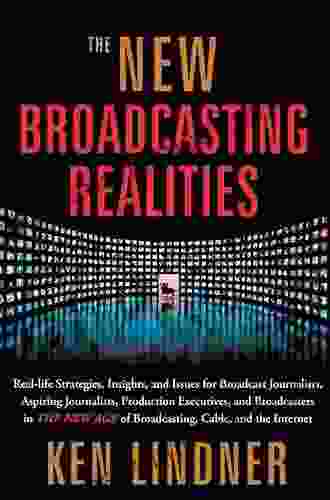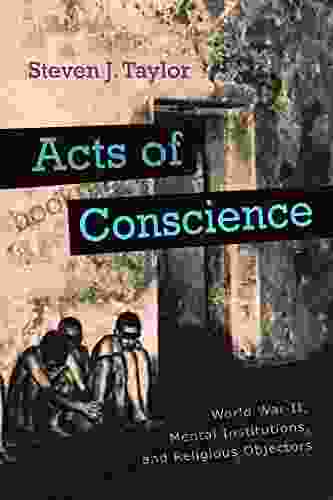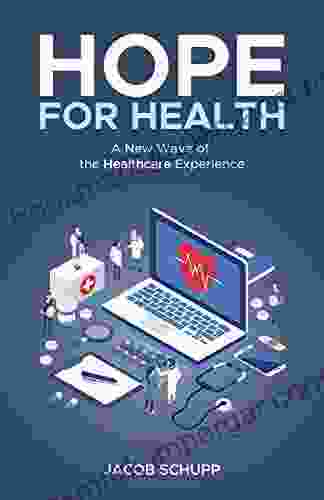Unveiling the Hidden Stories of World War II: Mental Institutions and Religious Objectors

The cataclysmic upheaval of World War II cast a long shadow over the human psyche, leaving behind a complex and often tragic legacy. Amidst the horrors of the conflict, mental institutions and religious objectors emerged as microcosms of the wider societal tensions and moral challenges that defined the era.
This groundbreaking book, "World War II Mental Institutions and Religious Objectors: Critical Perspectives," delves into the hidden histories of these two marginalized groups, shedding new light on their experiences and the profound impact they had on the course of the war and its aftermath.
During the war, mental institutions became battlegrounds of a different kind, as they grappled with the influx of traumatized soldiers and civilians. The institutions' staff faced immense challenges, struggling to provide adequate care while balancing societal pressures to maintain discipline and Free Download.
4.7 out of 5
| Language | : | English |
| File size | : | 18479 KB |
| Text-to-Speech | : | Enabled |
| Screen Reader | : | Supported |
| Enhanced typesetting | : | Enabled |
| Word Wise | : | Enabled |
| Print length | : | 502 pages |
The book delves into the complex relationship between institutionalization and war, exploring the ways in which mental illness was both shaped by and used to justify military and political actions. It examines the ethical dilemmas faced by medical professionals as they navigated the often blurred lines between mental illness, conscientious objection, and political dissidence.
Against the backdrop of war's moral ambiguities, religious objectors emerged as a vocal and often marginalized voice. Refusing to take up arms on grounds of conscience, they challenged the prevailing ethos of nationalism and military service.
The book explores the motivations and experiences of religious objectors from diverse backgrounds, including pacifist Christians, Jehovah's Witnesses, and conscientious atheists. It also examines the ways in which their beliefs and actions were perceived by society, often leading to ostracism, harassment, and even imprisonment.
This book is not merely a historical account but also a critical re-evaluation of our understanding of mental institutions and religious objectors in World War II. By drawing on a wide range of sources, including archival documents, oral histories, and scholarly literature, it challenges traditional narratives and offers new interpretations.
It examines the role of institutionalization in shaping the lives of individuals and communities, and questions the assumptions that often underpinned wartime policies towards mental illness and conscientious objection. It also explores the lasting legacy of these experiences, both for those who directly endured them and for society as a whole.
- Image 1: A vintage photograph of a mental hospital, with soldiers being admitted amidst chaos.
- Image 2: A portrait of a conscientious objector, his face reflecting the weight of his decision.
- Image 3: A group of nurses caring for a traumatized soldier, highlighting the challenges faced by mental institutions.
- Image 4: A photograph of a group of religious objectors protesting the war, symbolizing their courage and resilience.
"World War II Mental Institutions and Religious Objectors: Critical Perspectives" is an essential read for historians, mental health professionals, and anyone interested in understanding the complexities of war's impact on the human psyche.
By shedding light on the hidden stories of these marginalized groups, this book provides a valuable and nuanced account of one of the most tumultuous periods in human history. It challenges our assumptions, encourages critical reflection, and prompts us to reconsider the ways in which we view mental illness and conscientious objection in our own time.
4.7 out of 5
| Language | : | English |
| File size | : | 18479 KB |
| Text-to-Speech | : | Enabled |
| Screen Reader | : | Supported |
| Enhanced typesetting | : | Enabled |
| Word Wise | : | Enabled |
| Print length | : | 502 pages |
Do you want to contribute by writing guest posts on this blog?
Please contact us and send us a resume of previous articles that you have written.
 Book
Book Novel
Novel Page
Page Chapter
Chapter Text
Text Story
Story Genre
Genre Reader
Reader Library
Library Paperback
Paperback E-book
E-book Magazine
Magazine Newspaper
Newspaper Paragraph
Paragraph Sentence
Sentence Bookmark
Bookmark Shelf
Shelf Glossary
Glossary Bibliography
Bibliography Foreword
Foreword Preface
Preface Synopsis
Synopsis Annotation
Annotation Footnote
Footnote Manuscript
Manuscript Scroll
Scroll Codex
Codex Tome
Tome Bestseller
Bestseller Classics
Classics Library card
Library card Narrative
Narrative Biography
Biography Autobiography
Autobiography Memoir
Memoir Reference
Reference Encyclopedia
Encyclopedia Ian Anderson
Ian Anderson Michael H Graham
Michael H Graham Jaime Luciano Balmes
Jaime Luciano Balmes J Richard Gott
J Richard Gott Peter Hemmersam
Peter Hemmersam Jackie Jouret
Jackie Jouret Richard Fisch
Richard Fisch Lorraine Stutzman Amstutz
Lorraine Stutzman Amstutz Jadrian Wooten
Jadrian Wooten Niels O Schiller
Niels O Schiller Iain Borden
Iain Borden Jack Orman
Jack Orman Jacques Bergier
Jacques Bergier Martin Crawford
Martin Crawford Sjur Midttun
Sjur Midttun Howard Mansfield
Howard Mansfield Howard Pyle
Howard Pyle J Edward Kellough
J Edward Kellough Sean O Keefe
Sean O Keefe Iris Krasnow
Iris Krasnow
Light bulbAdvertise smarter! Our strategic ad space ensures maximum exposure. Reserve your spot today!
 Raymond ParkerFollow ·6.3k
Raymond ParkerFollow ·6.3k Chris ColemanFollow ·12.5k
Chris ColemanFollow ·12.5k Arthur C. ClarkeFollow ·14.2k
Arthur C. ClarkeFollow ·14.2k John UpdikeFollow ·9.5k
John UpdikeFollow ·9.5k Aubrey BlairFollow ·4.5k
Aubrey BlairFollow ·4.5k Lucas ReedFollow ·3.1k
Lucas ReedFollow ·3.1k Andrew BellFollow ·5.7k
Andrew BellFollow ·5.7k Brody PowellFollow ·10.1k
Brody PowellFollow ·10.1k

 Mike Hayes
Mike HayesUnlock Your Nonprofit Potential: A Comprehensive Guide to...
: Embarking on the Path to Impactful...

 Cody Russell
Cody RussellUnlock the Secrets of Captivating Radio Programming:...
In the fiercely competitive world of...

 Aron Cox
Aron CoxUnveiling the Enchanting World of Beth Inspired Eye...
A Realm of Imagination and Wonder Embark on...

 Felix Carter
Felix CarterUnlock the Secrets of Legal Publishing with West Hartford...
West Hartford Legal Publishing, the renowned...

 Henry Hayes
Henry HayesUnveiling the Secrets of the Panama Papers: Exposing...
The Panama Papers is a groundbreaking...
4.7 out of 5
| Language | : | English |
| File size | : | 18479 KB |
| Text-to-Speech | : | Enabled |
| Screen Reader | : | Supported |
| Enhanced typesetting | : | Enabled |
| Word Wise | : | Enabled |
| Print length | : | 502 pages |














